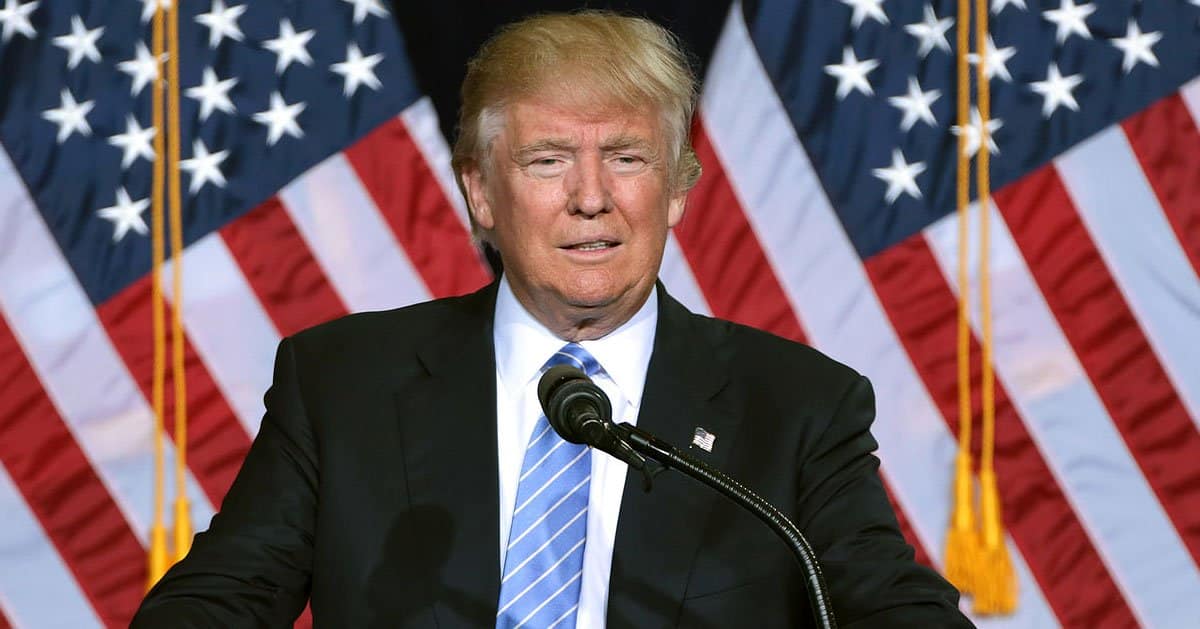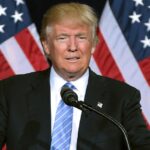







Elon Musk and Boris Epshteyn, a key adviser to President-elect Donald Trump, have had a dramatic showdown over appointments to the Trump administration's Cabinet, with tensions boiling over at Mar-a-Lago.
New York Daily News reported that the confrontation marks a culmination of escalating discord between Musk and Epshteyn, despite Musk's outward approval of contentious Cabinet selections.
The conflict between Musk and Epshteyn arose amid discussions on who should fill critical roles within the new administration.
The dispute reportedly centered on Trump’s choices for key Cabinet positions, an issue that has sparked significant debate.
Musk, who is known for his substantial financial backing of Trump, allegedly to the tune of $120 million, became embroiled in a dispute with Epshteyn over perceived information leaks regarding these selections. Accusations were levied by Musk, suggesting Epshteyn had disclosed details about Trump's personnel decisions.
Boris Epshteyn, notably a criminal defense lawyer for Trump, has been a long-standing advisor. His involvement in the cabinet appointment process highlights his influential role within Trump's team.
Controversial appointments on the table include Pete Hegseth for secretary of defense, Robert F. Kennedy Jr. to helm Health and Human Services, and Matt Gaetz as attorney general. These choices have not been universally applauded and have stirred public conversation.
Despite the public debate, Musk has outwardly endorsed Trump's picks, a position that seems at odds with his private confrontation with Epshteyn. Yet, it is clear that behind the scenes, tensions have reached a boiling point.
Adding to the stir, the House Ethics Committee is poised to meet, examining a report involving Matt Gaetz, who resigned from the House following his Cabinet nomination. The report centers on accusations related to potential involvement in trafficking underage girls.
Meanwhile, Musk has taken on a new role within the administration. Alongside Vivek Ramaswamy, he will lead the newly established Department of Government Efficiency, placing him in a unique position as both a critic and architect of the administration's framework.
The origins of the rift trace back to the period immediately following Trump's election victory on November 5, when conflicts between Musk and Epshteyn first began to surface. Their relationship, already strained, has been further exacerbated by the ongoing cabinet debate.
During the confrontation, Epshteyn reportedly dismissed Musk's allegations, remarking that he was puzzled by Musk's assertions about leaks. This exchange illustrates the high-stakes atmosphere surrounding Trump's team as they prepare for the transfer of power.
The political landscape is further complicated by the varied responses from both the public and political insiders to Trump's cabinet selections. The appointment of Gaetz, in particular, has drawn substantial criticism due to the gravity of allegations he faces.
Noteworthy is Musk's dual position as a public supporter and private critic of Trump's choices, a paradox that underscores the complexity of his role in the unfolding administration. This duality suggests both a strategic alignment and personal discord within the power structures of Trump's close circle.
As Trump prepares to assume office, the intricate web of alliances and rivalries within his advisory team continues to influence both policy decisions and public perception. Musk's financial and strategic engagement with Trump's campaign positions him as a crucial figure in these dynamics.
The House Ethics Committee's focus on Gaetz next week will likely bring further attention to the contentious appointments, potentially impacting Trump's nascent presidency and the political tenor heading into his term.



